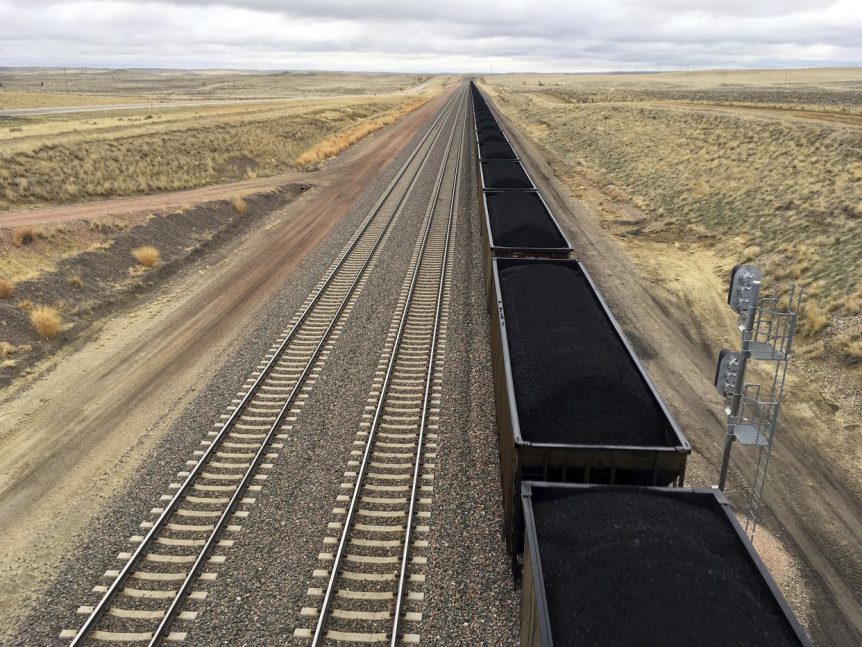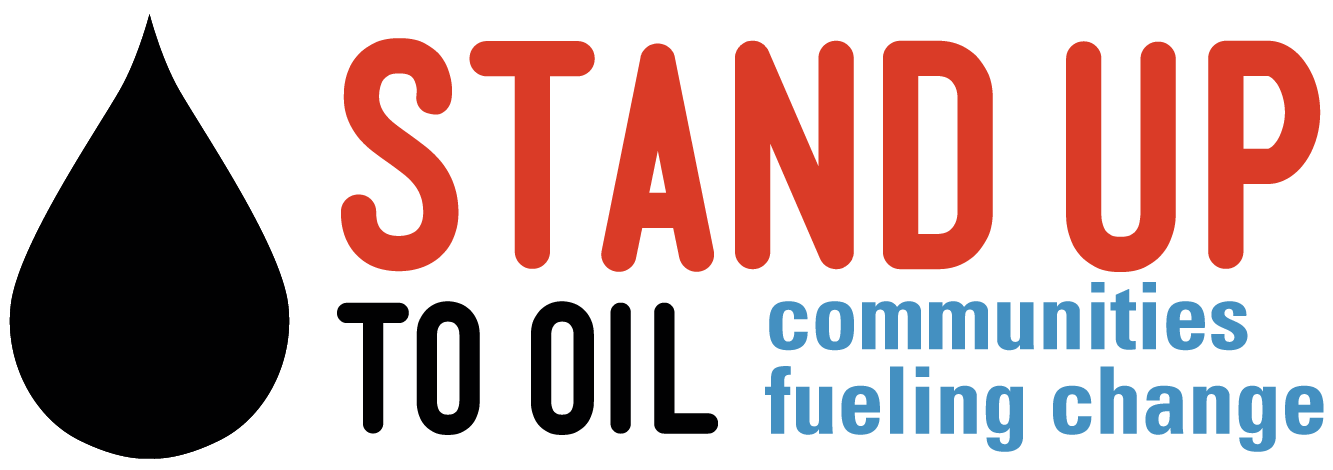Originally published in the Bozeman Daily Chronicle.
A federal judge’s ruling that orders federal Bureau of Land Management officials to consider the effects of coal mined from federal land on climate change is a welcome one.
The ruling is specific to mining in the Powder River Basin, a region of Montana and Wyoming from which 40 percent of all U.S. coal is mined and which accounts for 13 percent of all the nation’s greenhouse gas emissions.
In the process of updating the agency’s regional resource management plans for the first time in many years, BLM officials offered several alternatives for future coal mining in the region. But in each case, the agency assumed the same amount of coal would be mined. Environmental groups challenged the plans in court, and U.S. District Judge Brian Morris of Great Falls sent the agency back to the drawing board and ordered agency officials to work with the environmental groups on alternatives that would include less mining in the future.
BLM officials have argued that stopping or slowing coal production on federal land will have no impact on climate change. They contend that, if the coal is not mined from BLM land, it will just be mined elsewhere. But that argument defies logic. In simple supply-and-demand terms, slowing production on federal lands will diminish the world supply of coal, which will drive the price up and discourage energy production plants that rely on coal. Energy producers will be all the more motivated to seek alternatives to coal.
The argument over climate change and its causes has become so distorted and inflamed by politics it’s hard to put a finger on where public opinion stands. But in recent years, virtually all reasonable voices acknowledge it’s happening and the CO2 produced by burning fossil fuels is playing some role in it.
Coal is the dirtiest of fossil fuels, and it makes sense for the federal government to at least consider the potential climate change effects of the massive amounts of coal coming out of the Powder River Basin when planning for future production.
Read the original article, here.


